Kingfisher's Mohsen Ghasempour highlights retailer's AI case studies at RTS 2025 in London
“AI is just a tool - not a mission,” said Mohsen Ghasempour, Group AI Director, Kingfisher, at Retail Technology Show 2025 this week, as he outlined the framework the retailer is building for its AI platforms and tools at DIY brands B&Q and Screwfix in the UK, and for Castorama in France.
“The goal is to get to the summit,” added Ghasempour at the ExCel venue in London’s Docklands on 3rd April - whatever that AI adoption at scale summit happens to be. It will differ for each retailer.
“When you climb Everest you use multiple tools,” said Ghasempour, alluding to whether that might be a tent, backpack, or whatever. But it is the tools that get you to your end point that count. It is the same with identifying what goals you have for your business and how AI tools can help you to get there.
Kingfisher has introduced three new offerings across some of its key brands, which Ghasempour delved down into in detail, providing case studies for the RTS 2025 conference attendees, covering the introduction of three key tools:
B&Q: Recommendation engine
Screwfix Lens: Visual search engine
Castorama: Hello Casto tool on its Athena platform.
B&Q
The recommendation engine was introduced in 2022. This AI tool spans 55,000 of their own products and 1.5 million online, many of them from third-party suppliers, so constant updating is necessary, explained Ghasempour. “You might search for a drill, for instance, but there might be 2,500 drills, so how are you going to find the one for you?”
Highlighting the bestseller is easy and doesn’t need AI, but offering a substitution might. A recommendation engine can be more granular still. The engine at B&Q uses a combination of basic algos and gen AI to offer a better customer experience (CX). Its results have been good. The B&Q engine is now responsible for:
£100 million of revenue last year
100% uptick in conversion rates
10% of total sales online at B&Q, which will no doubt grow.
Screwfix
Screwfix’s Lens visual search engine is another new AI innovation at Kingfisher. It is aimed at Screwfix’s more trade professional audience, where convenience and speed is crucial for them. The new application launched four weeks ago, explained Ghasempour.
The tool was initially rolled out in-store at its Kensington shop in London to test it and answer customer questions like ‘have you got one of these?’ when a part is held up. Using 3D scanning of the product enables it to be recognised and latterly logged online to feed into the now live enterprise wide app.
The tool shows the power of AI to help customers who can deploy their own smartphone cameras to search against the inventory that the retailer has now logged for its online operation.
Castorama
The Athena gen AI orchestration engine is the platform powering the Hello Casto tool that sits within Kingfisher’s over-arching framework. Launched in 2023 to take advantage of the excitement around ChatGPT at the time, the firm claimed it at the time as the world’s first public facing virtual DIY assistant. It has gone through some updates since then.
“The idea is that it brings in-store experience online, using gen AI,” said Ghasempour. “We had 150,000 conversations last year. We can learn from that. Indeed, another AI agent is now going through those interactions to improve the tool further.”
These three examples are just some of the AI initiatives that Kingfisher has underway. It also has its Spirit personalisation engine; Perception forecasting engine; Inspect content moderation engine (to keep stock up-to-date online) and so on. All show how AI on a mix of sometimes overlapping end uses at retailers to improve their operations, service and profits.
Conclusions
Ghasempour did, however, advise RTS 2025 attendees that introducing AI tools is only one small part of the equation. You also have to think about governance, AI engineering, research, literacy and so on. “Education for leaders is key,” he said. “We’ve done AI masterclasses for our board. Educating your board is fundamental [to success].”
You also have to think about:
AI prioritisation: what comes first on your ‘to do’ list.
Responsible AI: “We measure the carbon footprint of tools, for instance,” said Ghasempour.
Governance: is crucial in ensuring a tool doesn’t spin out of control, privacy is respected, bias isn’t in-built and so on, depending on what applications are rolled out.
“We’ve a Group AI committee that meets every four weeks, looking at planning, timings, whether to build or buy, and so on,” added Ghasempour, who is fortunate enough to have a supportive environment for the future AI projects he wants to roll-out.


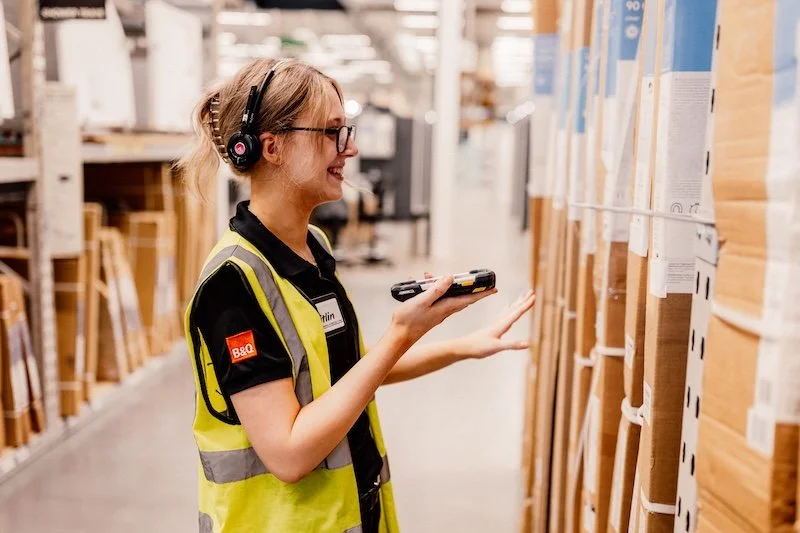
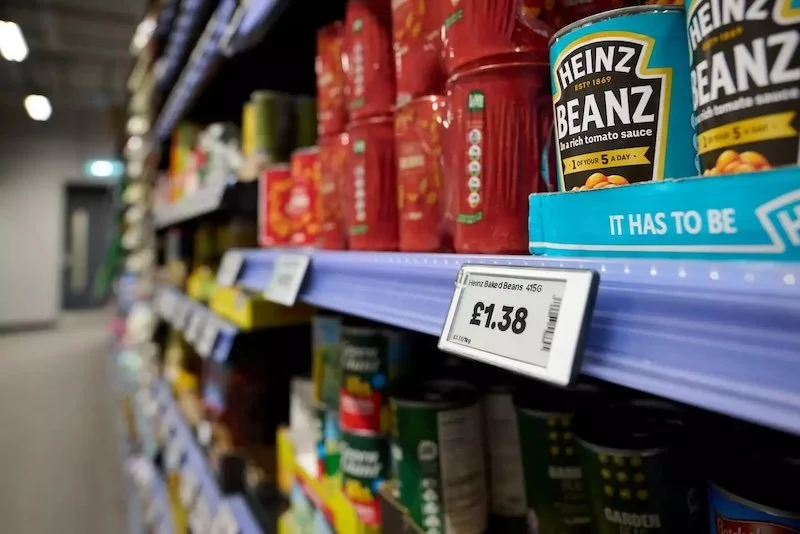


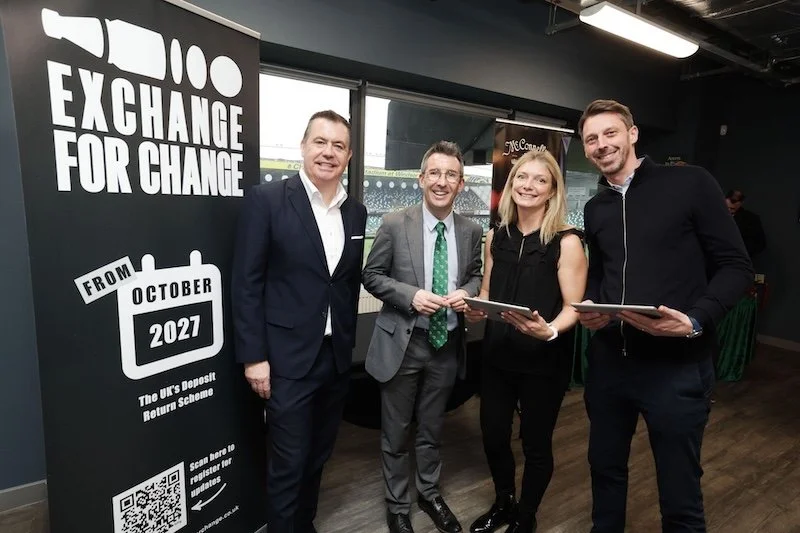


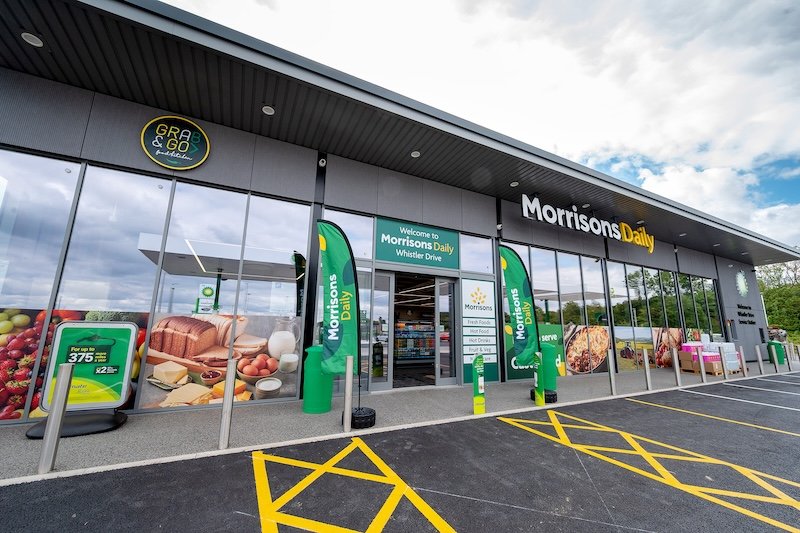
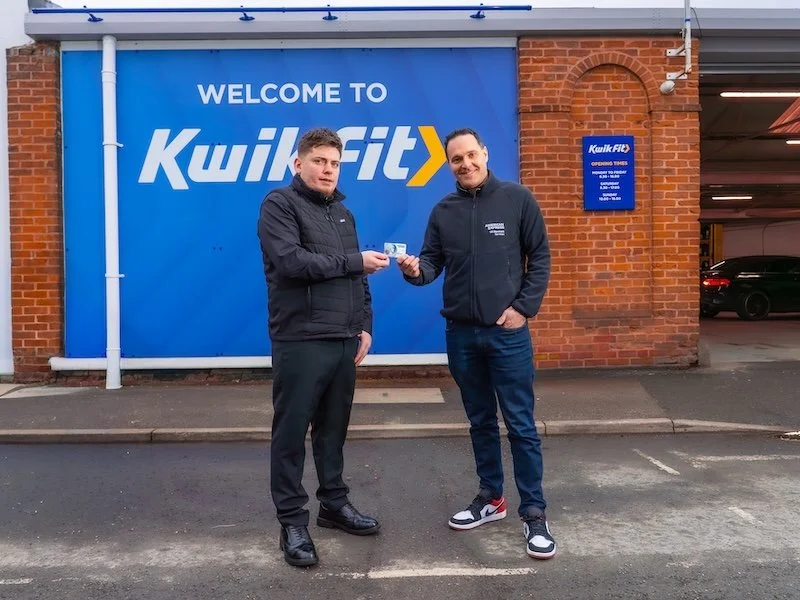




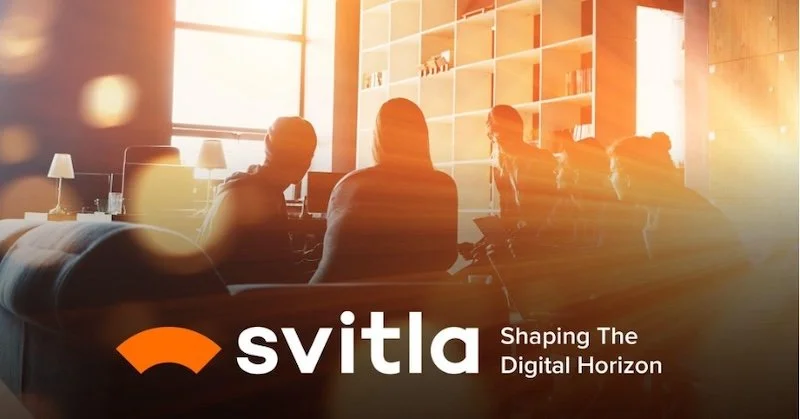
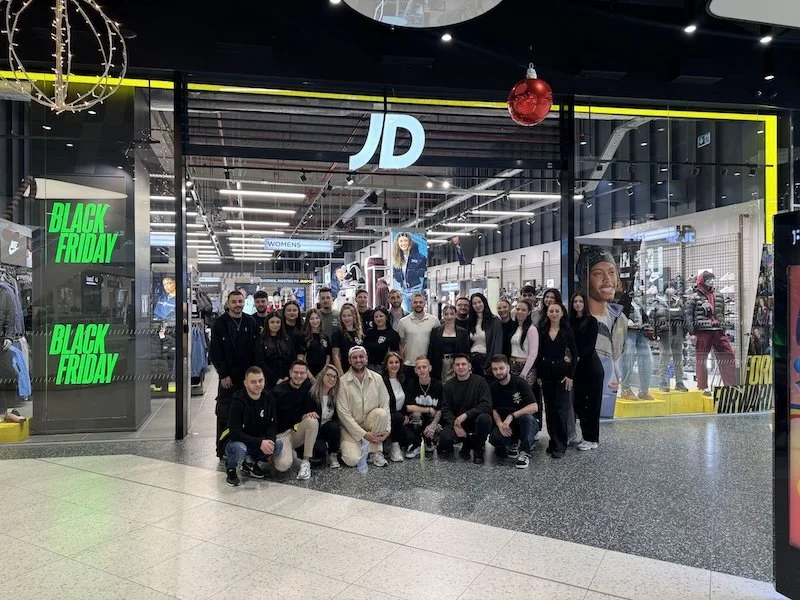

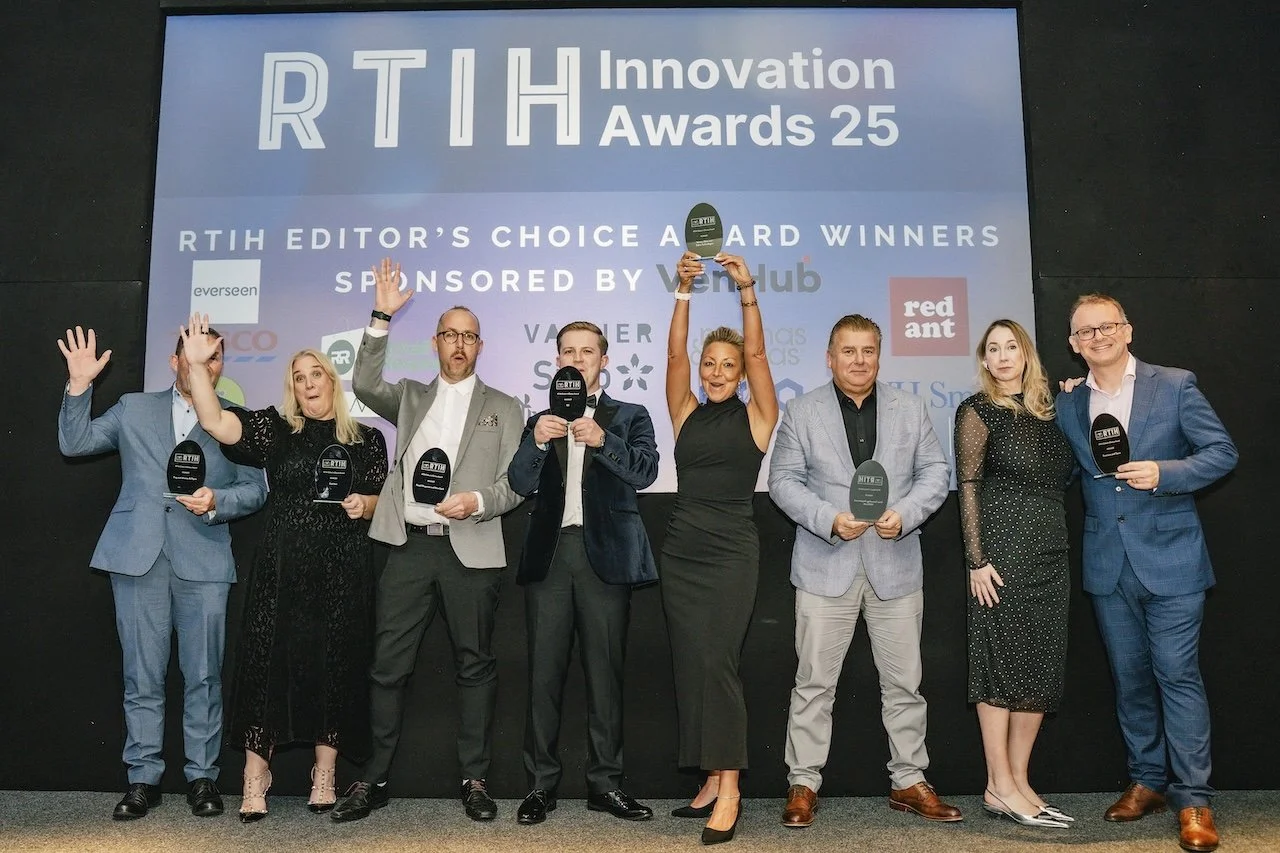



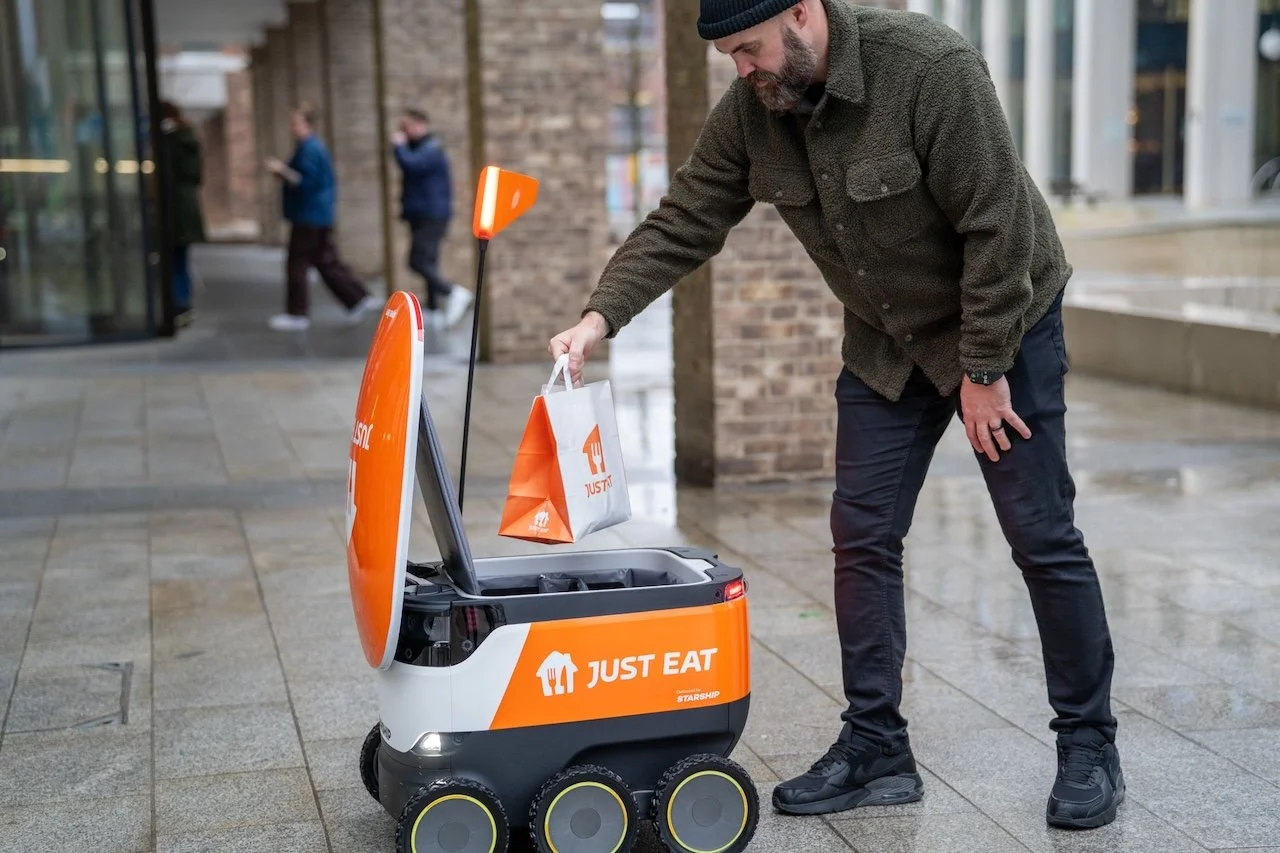




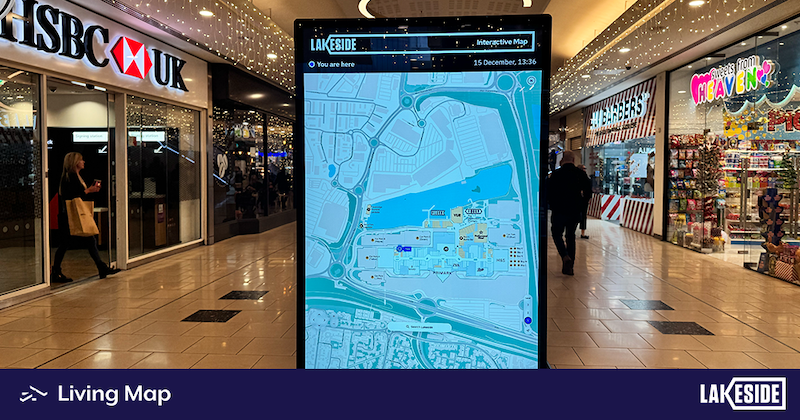
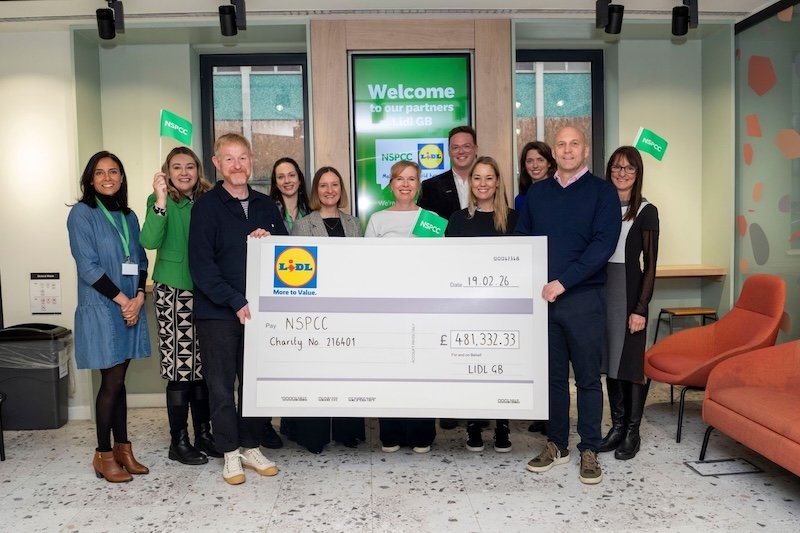
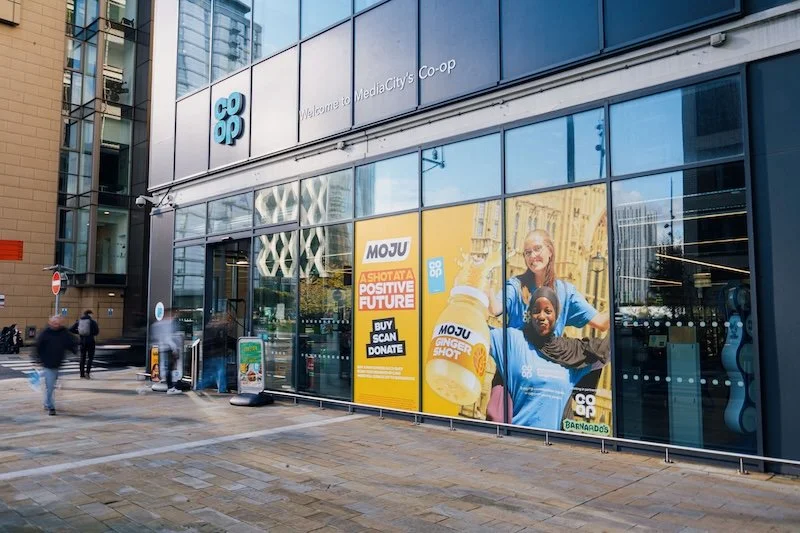
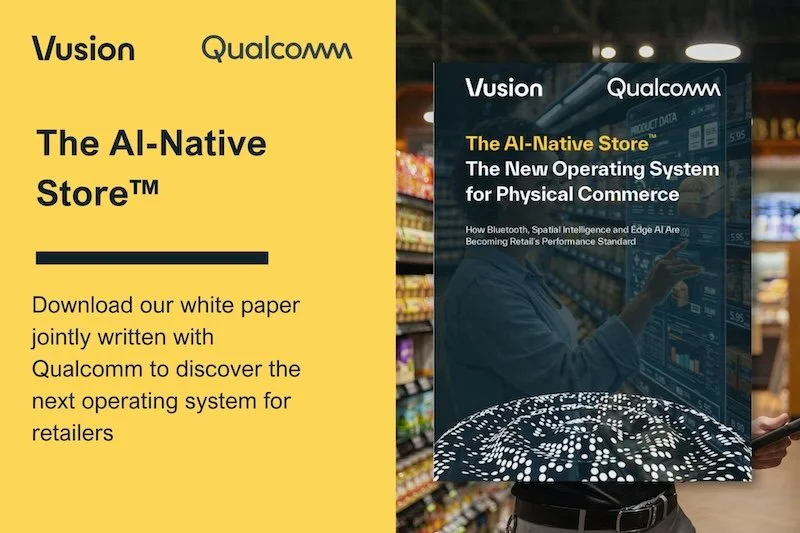
Continue reading…